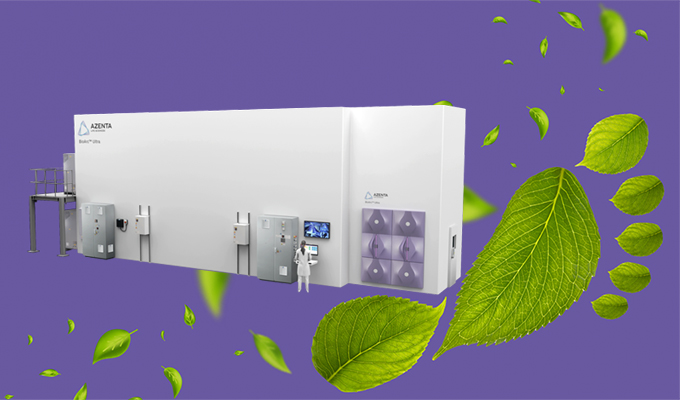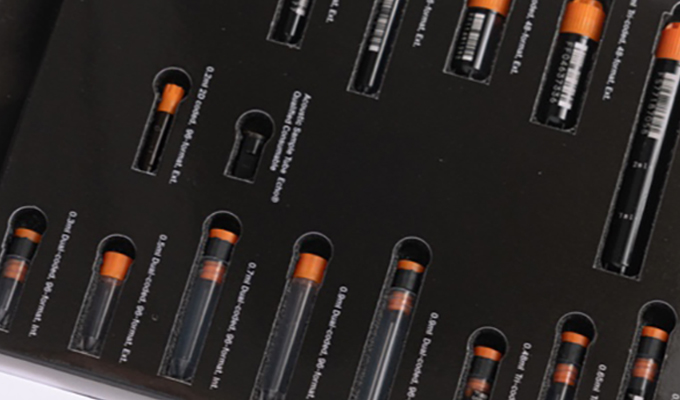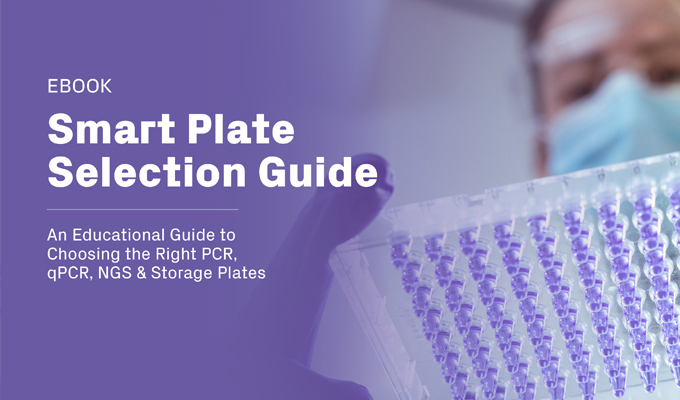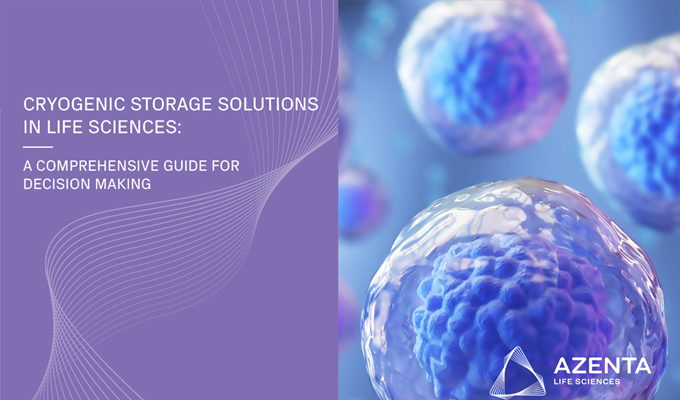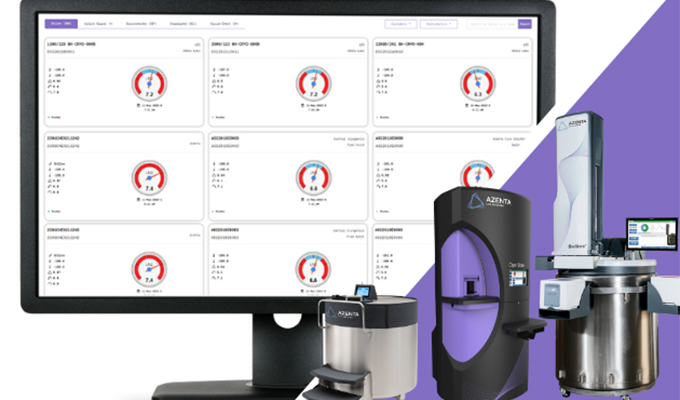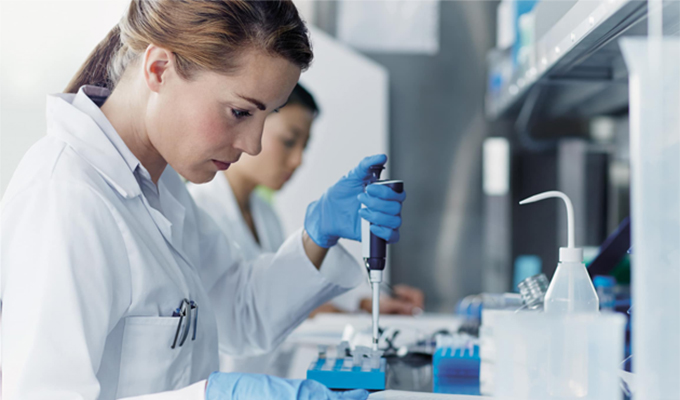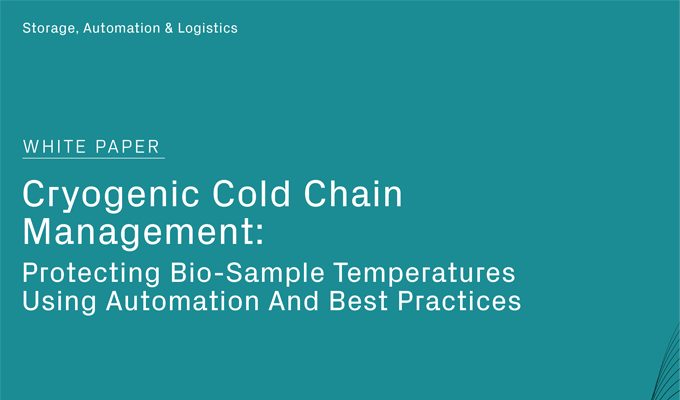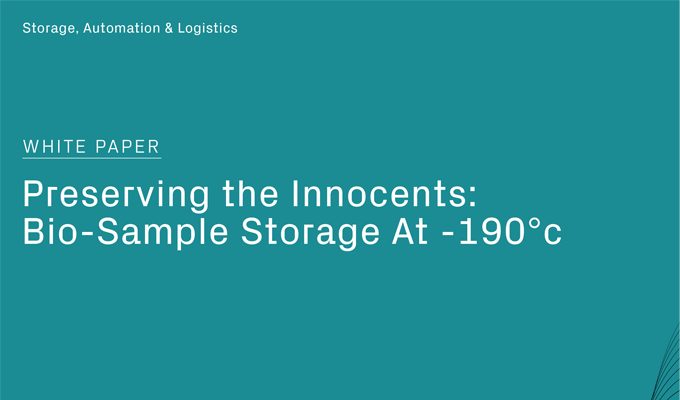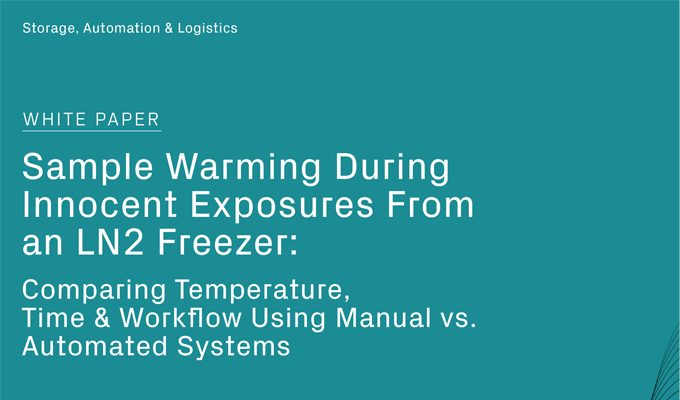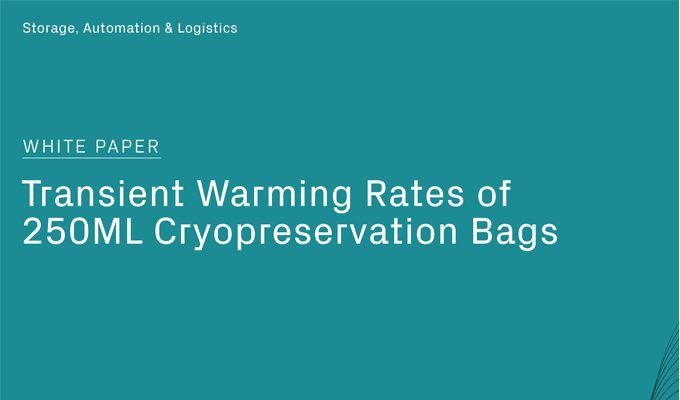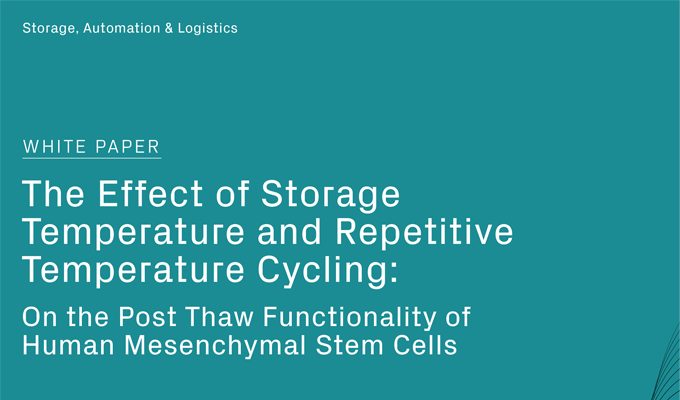
The Effects of Common Transient Warming Events on Post Thaw Recovery and Viability: Of Human Mesenchymal Stem Cells Stored in -190°C & -80°C Environments
White Papers & eBooks
Paper 8 of the Cryopreservation series
In this White Paper
Impact of Storage Temperature and Thermal Cycling on Stem Cell Viability
Cell products are normally transported and stored at or below -150°C in an LN2 vapor environment. Best practices typically recommend storing below the glass transition (Tg) of water, approximately -135°C. During routine sample access though, which is part of the normal life cycle of the product, thousands of adjacent (innocent) samples are exposed to ambient temperature for various, unmonitored durations. This exposure can represent a +200°C gradient between the freezer and the ambient environment.
There is limited experimental research monitoring the effects these temperature excursions and the crossing of Tg have on the recovery and viability of therapeutic cells. Temperature cycling is believed to decrease cell viability as it induces thermal cycling stresses on the cells
This paper’s objective is to test and demonstrate the impact of both storage temperature and thermal cycling on the post-thaw recovery and viability of human mesenchymal stem cells (hMSCs) over 15 months.
Learn how ultra-low freezing and liquid nitrogen vapor phase cryofreezing impact stem cell viability and functionality over time!
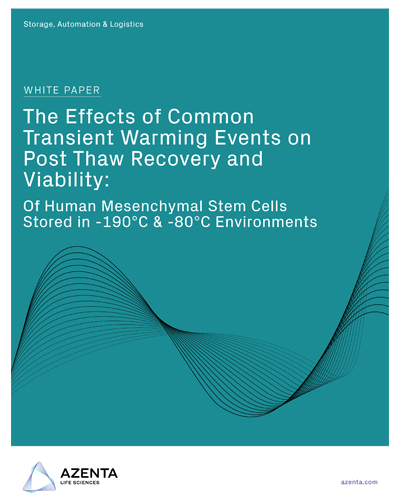
More in this Series
Download White Paper
Submit this form to access the white paper!
